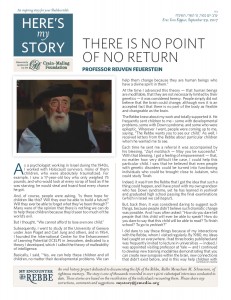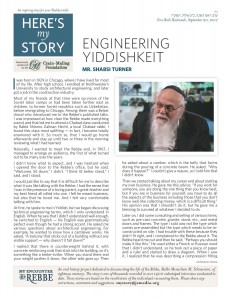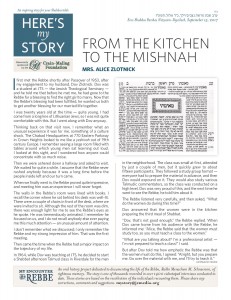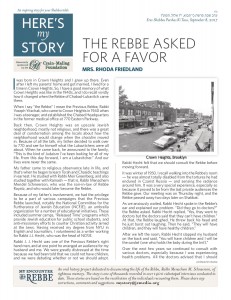There Is No Point of No Return
As a psychologist working in Israel during the 1940s, I worked with Holocaust survivors, many of them children, who were absolutely traumatized. For example, I saw a 17-year-old boy who only weighed 75 pounds, and who would look at every scrap of food as if he was starving; he would steal and hoard food every chance he got.
And, of course, people were asking, “Is there hope for children like this? Will they ever be able to build a future? Will they ever be able to forget what they’ve been through?” Many were of the opinion that there is nothing we can do to help these children because they’d seen too much of the world’s evil.
But I thought, “We cannot afford to lose even one child.”
Subsequently, I went to study at the University of Geneva under Jean Piaget and Carl Jung and others, and in 1954, I founded the International Center for the Enhancement of Learning Potential (ICELP) in Jerusalem, dedicated to a theory I developed, which I called the theory of malleability of intelligence.
Basically, I said, “Yes, we can help these children and all children, no matter their developmental problems. We can help them change because they are human beings who have a divine spirit in them.”
At the time I advanced this theory – that human beings are modifiable, that they are not necessarily limited by their genetics – it was considered heresy. People simply did not believe that the brain could change, although now it is an accepted fact that there is no part of the body as flexible and changeable as the brain.
The Rebbe knew about my work and totally supported it. He frequently sent children to me – some with developmental problems, some with Down syndrome, and some who were epileptic. Wherever I went, people were coming up to me, saying, “The Rebbe wants you to see our child.” As well, I received letters from the Rebbe about particular children whom he wanted me to see.
Each time he sent me a referral it was accompanied by his blessing, “Zayt matzliach – May you be successful.” With that blessing, I got a feeling of empowerment – that, no matter how very difficult the case, I could help this particular child. I saw that he believed that even people with genetic disorders could be turned into functioning individuals who could be brought close to Judaism, who could study Torah. (more…)








